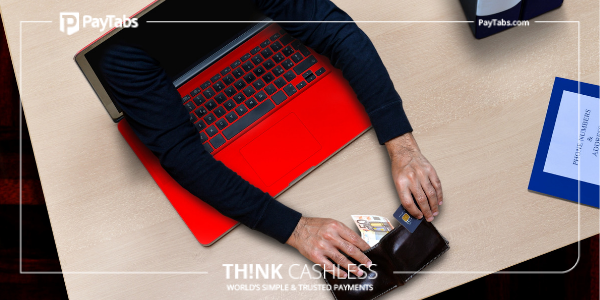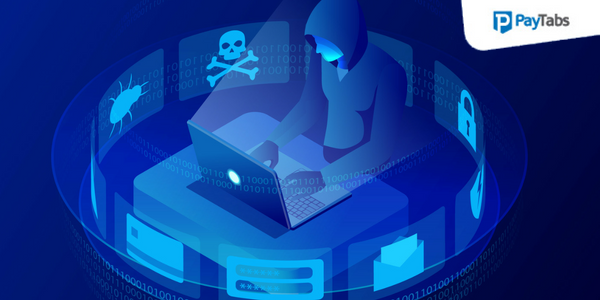How to retrieve your money from a not-so friendly fraud

A friendly fraud is probably a misnomer. In reality, it can be a harrowing experience for the merchant, who completed the transaction. Friendly fraud occurs when a cardholder files a chargeback instead of requesting a refund from the merchant for a legitimate purchase. It can be filed by mistake by the customer or even intentionally in some cases. While such incidents of disputed transactions are on the rise with the predominance of digital transactions, the following are the ways in which the merchant can mitigate the risks:
- Switch to a fool proof secure payment solution: It would be prudent to adopt a secure payment processor, which offers a comprehensive, multi-level risk protection to detect any fraud incidents or outliers and red flags the issue in a timely manner. Incorporation of verification tools like fingerprint, facial or retina recognition to work on mobile applications would also go a long way to prevent fraud risks.
- Adopt a 3D Secure authentication: Under this online payment platform, the customer’s card is promptly validated by the issuing bank, prior to the transaction. Thus, it’s extremely difficult for the customer to later claim any unauthorized charges. Some merchants are reluctant to adopt this approach owing to the fear of reduced sales conversion or cancellation of the transaction due to the customer being kept waiting for the bank confirmation.
- Keep the communication channels open: It is advisable to offer 24*7 support to customers for post sales services. A good business rapport would help clear any potential differences or misunderstanding with the customer. The merchant could also negotiate a lower chargeback charge or its cancellation by the customer and reduce potential monetary losses. One should also regularly apprise the customer before charging for recurring payments.
- Establish a solid return policy and delivery tracking mechanism: It is a good practice to make the customer aware in prior of the return, cancellation and refund policies. This would reduce the chances of chargeback filed by mistake. The merchant could also have a software to track the delivery status of the product, with a signed customer confirmation upon receipt of the product by customer at the shipping address.
- Maintain adequate data trail: Documentary evidence is key when it comes to validation of online transactions. This should ideally capture details of product description, agreed pricing and the date of transaction. This is vital as in many cases the chargeback is claimed on frivolous or false grounds like non-delivery of the products, delivery of counterfeit or wrong items, non-cancellation of recurring charges by the merchant inspite of customer requests and the original transaction was unauthorized in the first place. Hence the need for retention of sufficient papers to support the online transaction.
- Distinguish between accidental and intentional fraud: This identification is crucial. While the former can be settled by talks with the customer, the latter, being malicious in intent is a different ball game. The merchant is not in a very advantageous position as far as the law goes with limited power to get the chargeback reversed. Similar to a ‘guilty until proven innocent’ situation. This is because in most cases, it is likely that the bank would side with the customer than the merchant.
To conclude, in case one does land in the soup and has to face monetary losses from chargeback charges, loss of shipping costs and transaction processing fees, it is best to hold one’s ground. In case, the quantum of money is huge, it is best to get professional, legal advice. Further, repeat transactions with such errant customers should be absolutely avoided as the adage goes “once bitten, twice shy.”




